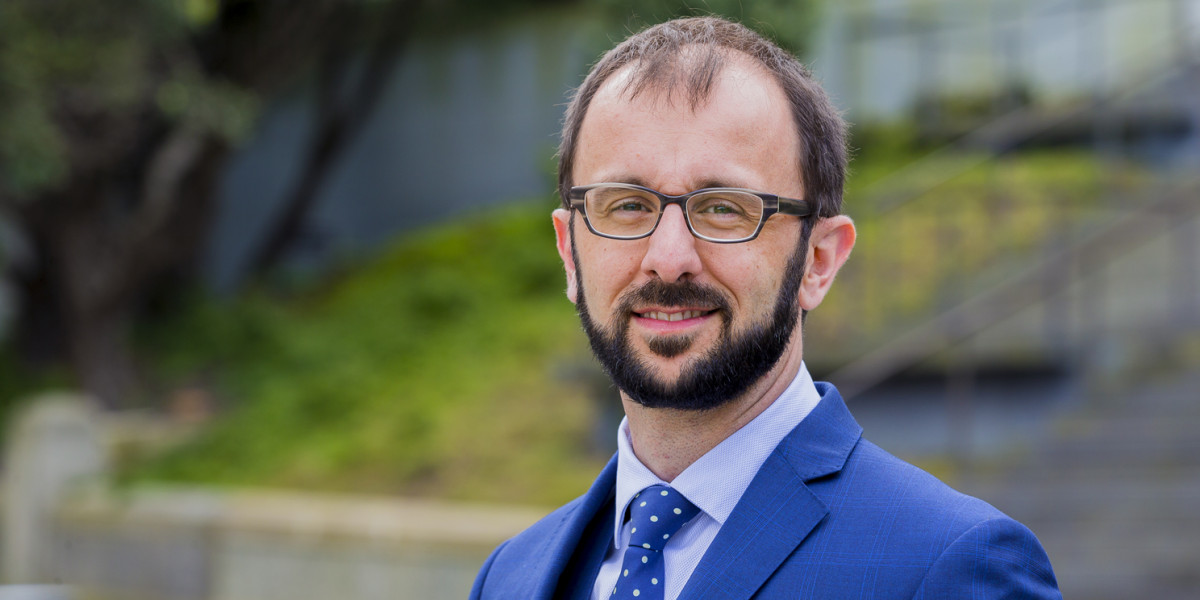As New Zealanders all put their energy into fundraising again this Daffodil Day, Cancer Society Medical Director Dr Chris Jackson has taken on a new additional role - as the official Daffodil Day Myth Debunker.
He finds it concerning how much false information there is out there and even though there are hundreds of fake news stories – here are five particularly persistent ones he, and the Cancer Society, would like you to remove from your minds - and others' - this Daffodil Day.
1. Most people die from cancer
FALSE.
Many people may believe that cancer is a death sentence, and tragically this fear can sometimes deter them from seeking medical advice around symptoms. However, modern medicine has made phenomenal progress over the years.
Cancer survival rates are the highest they have ever been with more people being cured than not, and for some early stage cancers the cure rate is over 90 percent.
2. Chemotherapy causes your hair to fall out
FALSE.
There are many different types of chemotherapy to treat different cancers and most (not all) do NOT cause you to lose your hair. Newer treatments like targeted therapies, monoclonal antibodies, and immune therapies, do not make hair come out at all. In addition, chemotherapy - like many cancer treatments - has advanced enormously over time, and with the help of your doctor, side effects like pain and nausea – can also be better managed.
3. If you got cancer you probably did something wrong
SO SO FALSE!
While it is not unusual for someone to feel they have done something wrong when they are diagnosed with cancer, it is simply untrue. Getting cancer is not your fault and no one deserves it, ever.
Cancer is a complicated disease, there is still much to be learned, but we do know that you are not to blame for your diagnosis. Some lifestyle choices (not smoking, protecting yourself from harmful UV rays, eating healthy and exercising regularly) will lower your risk of certain cancers, but it's so important to understand there is a big difference between risk factors and actually causing your own cancer.
4. Diet can cure cancer
ALSO FALSE!
A good diet, full of nutritious food is important for overall well being and maintaining a healthy weight, however, once you have or have had cancer, you can't "eat your way out" of it with dietary measures alone. Extreme dieting can often be more harmful than helpful.
5. Cancer can be detected in blood tests.
MOSTLY FALSE
With only one or two rare exceptions, there are no routinely available blood tests to diagnose cancer. There are tumour markers, which can be used for monitoring cancer growth or recurrence, but very few specific blood tests to diagnose or detect cancer. Scientists are working very hard on new diagnostic blood tests but few are available for use in routine practice at this stage.
So this Daffodil Day when you're donating, fundraising or collecting to help those affected by cancer get transport, accommodation and counselling (and further research efforts towards prevention, diagnosis and treatment) remember that not everything you hear out there is true. Technology and science around cancer is evolving fast, so some things that used to be true about cancer aren't anymore, and some never were!
Daffodil Day is August 27. To find out more or make a donation visit daffodilday.org.nz
Cancer doesn't stop, so we won't either

